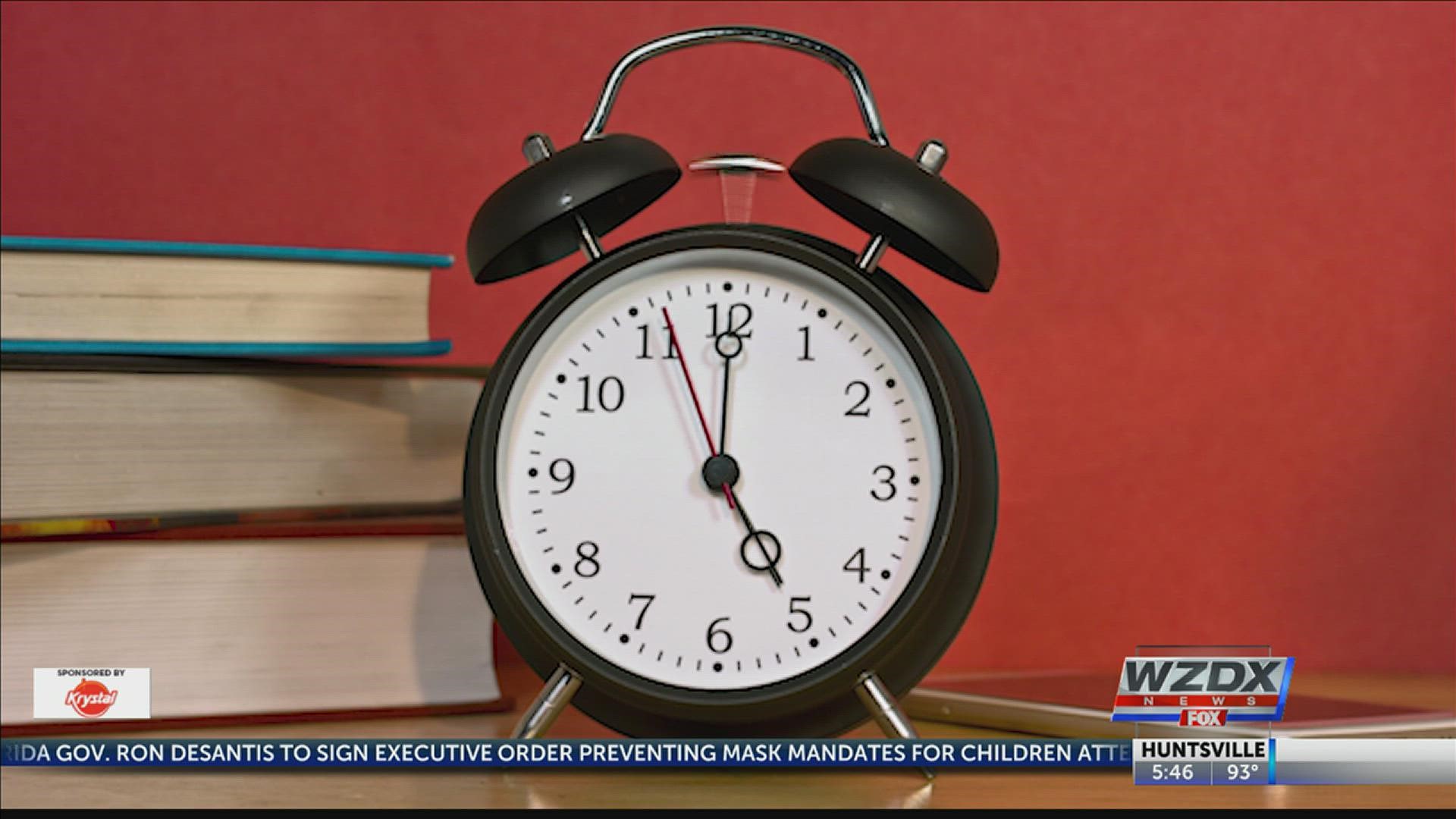ALABAMA, USA — School starts soon and kids will need to set their alarm clocks to make it to school on time.
Summer vacation may make the adjustment harder, but the Alabama Department of Public Health's Dr. Karen Landers says students need their sleep.
"This is a very great asset to children in terms of their being able to have a good learning environment when they go to school," said Landers.
Landers, a pediatrician, says that younger children need up to 10 to 12 hours of sleep, and as they get older, at least 10 hours.
If students don't get the proper rest, it could affect them physically and mentally.
"We know that children need to be active and alert and we know kids that do not get enough sleep won't be able to pay attention in class. They are not going to be able to participate in class. They are going to be tired, napping, nodding off," said Landers.
Besides in the classroom, not having the right amount of sleep could impact a child's immune system, making it harder for the body to fight off infections.
So to get your child to bed, Landers suggests turning off the electronics well before bedtime and consider taking screens out of kids' rooms.
The Centers for Disease Control and Prevention (CDC) says one in three adults in America aren't getting enough quality sleep, and some of it stems from pandemic-related anxiety.
The Sleep Foundation and the CDC recommend people get between seven and eight hours of sleep a night, but if you're struggling to get that much sleep or the quality of sleep is poor, the Minnesota Sleep Society has some tips, including:
- Make sleep a priority
- Go to bed and wake up at the same time every day
- Try different relaxing bedtime rituals such as meditating, taking a bath, listening to soothing music or reading a book; and avoid looking at screens late at night
- Stay away from caffeine, nicotine or alcohol late in the day
- Spend time outside and be active during the day
- Avoid long daytime naps
The Minnesota Sleep Society also recommends that if you feel sleepy during the day, but struggle to sleep at night, that you see a doctor. For more information, visit UCare's website.

